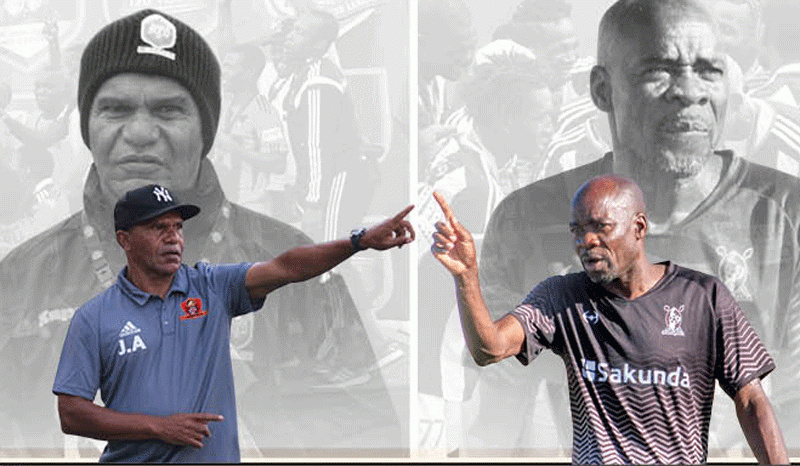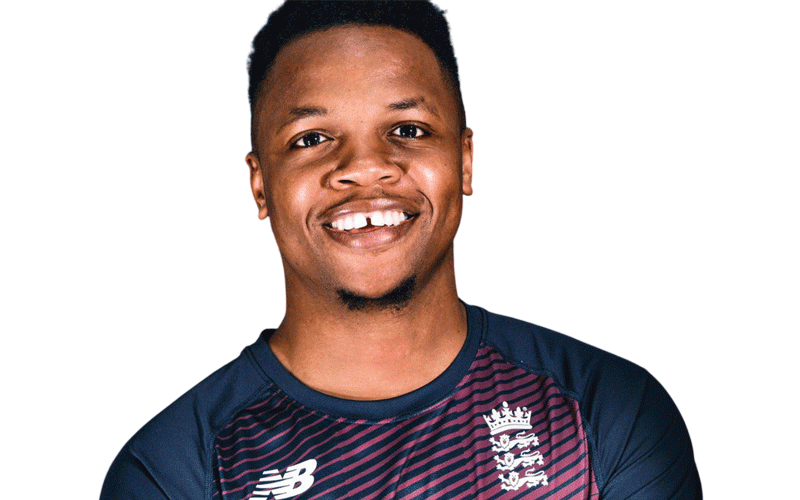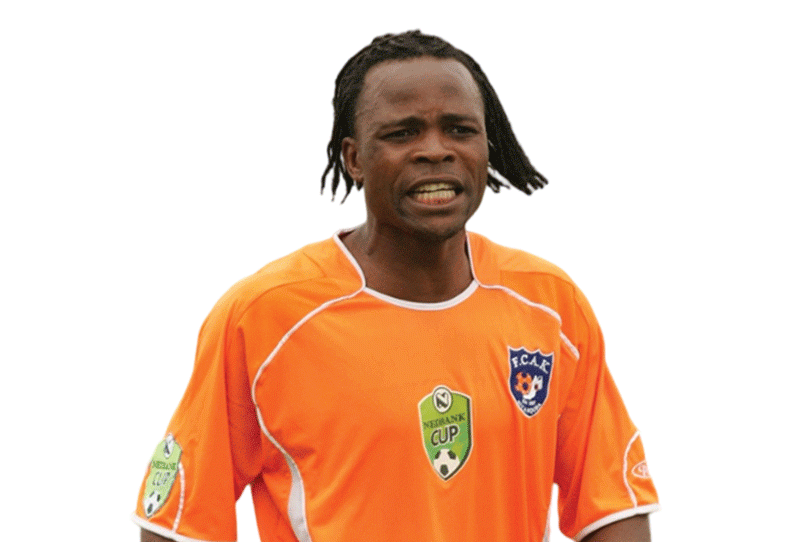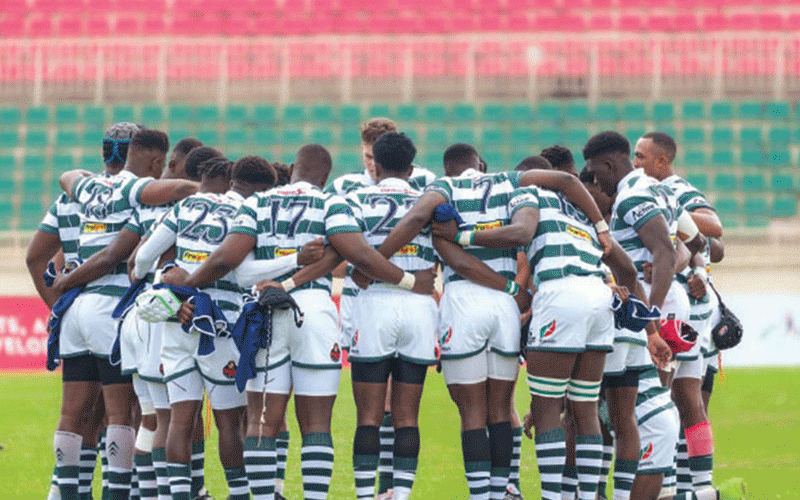
Fourteen years ago Mbofana, who is back in Zimbabwe to run a second-hand tyre company, became the darling of many when, as a 28-year-old, took charge of a Premier Soccer League side, the now defunct Mhangura FC replacing Zambian Webster Chikabala.
Many supporters questioned the wisdom of appointing a “toddler”, but he became a hit in the small mining town when he led Mhangura FC to the BP Cup final, in which they controversially lost to CAPS United in his debut season.
“I was working at Barclays in Mhangura and applied for the job, offering myself to just help the senior guys who were coaching the team. To my surprise the executive gave me the job. I did well and could have won the BP Cup had the PSL executive not made us play both legs of the final in Harare,” he boldly declared.
The feat opened an avenue for the coach, even after the demise of Hackney FC which had taken over the Mhangura franchise in 2001. He coached the Zimbabwe Under-20 and Under-23 and Douglas Warriors before embarking on a journey across the borders that saw him at Swaziland’s Mbabane Highlanders, XI Men in Flight, Hellenics and Bush Bucks between 2007 and 2010.
“The passion of the game in Swaziland is the same as here, but we are ahead in terms of talent,” he said.After a three-year flirtation with Swaziland football, Mbofana, in August 2010 made his dream move closer to coaching in the Super Diski by replacing compatriot Shepherd Murape at Inland First Division side, Dynamos in South Africa.
However, three months into his contract, disaster struck as Mbofana — who together with Nelson Matongorere coached Zimbabwe to the first ever Vodacom Cosafa Under-20 challenge in 2002 — was arrested.
The coach was arrested on rape allegations, forcing Dynamos to relieve him of his duties. The incident was to “curse” him to the extent that he has never found a job at any club, save for an academy. “That was a very painful period during my life. Up to now what happened is still a mystery. Whether people conspired against me or not, I do not and might never know,” he said.
- Chamisa under fire over US$120K donation
- Mavhunga puts DeMbare into Chibuku quarterfinals
- Pension funds bet on Cabora Bassa oilfields
- Councils defy govt fire tender directive
Keep Reading
But how did he handle such a situation that saw him first being denied bail and having to spend seven days in police custody?
“It was very easy for me because I knew that my hands were clean. It is unfortunate that I lost my job. Right now I am still waiting to hear from them as they said they will call me anytime they need me,” he said.
Mbofana said the incident brought him closer to God. “Before the incident I was not a regular churchgoer. Together with my wife, we are members of the Apostolic Faith Mission where I am a committee secretary,” said Mbofana.
He added that his kids’ names — Munashe (20), Anashe (15), Panashe (12), Tapiwanashe (8) and Tinodaishe (5) — are his way of showing devotion to the Lord.
On being involved in football as a player, Mbofana said, “My playing career was cut short because of an injury sustained while playing at Dynamos juniors. That is when I took up coaching and people have been encouraging me since then,” he said.
Mbofana’s greatest wish is to meet Manchester United coach, sir Alex Ferguson.“How he has managed to sustain success over such a period of time is amazing. That is something we should emulate,” he said with a beaming smile. Now that he is back to where it all started, will he relive the glory? Time will tell.
Mbofana applauds Soccer administration in Zim
Talking about his stay in the foreign countries, Mbofana, who holds a CAF C Licence and a number of professional qualifications that includes Institute of Bankers, Institute of Marketing Management, rates soccer administration here as better.
“In Zimbabwe we always think that we have the worst administrators, but just go outside the country. I think we are headed in the right direction in terms of professionalism in the game.
“South African football is financially sound, so their mistakes are quickly covered. If we had a quarter of their budget, we could be miles ahead of them,” he said.
Mbofana started his coaching career at Barclays Bank where he worked as an accountant in the early 1990s and led the Barclays Bank to three consecutive Barclays Bank Southern Africa Cup successes.











